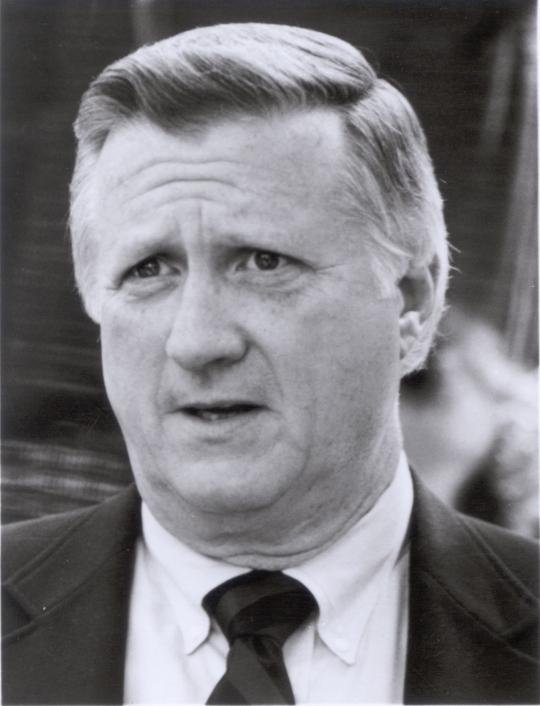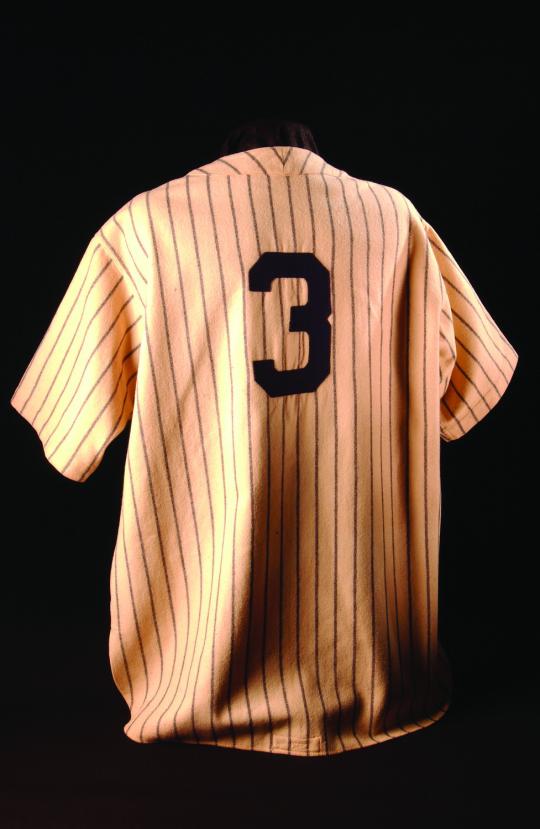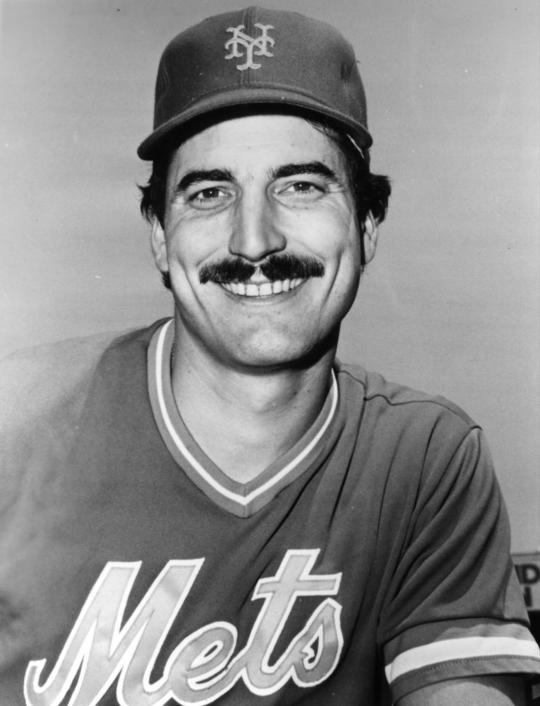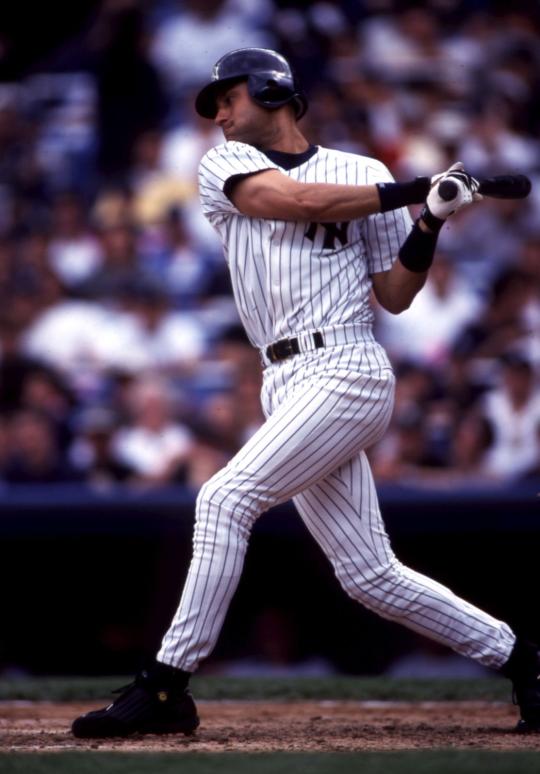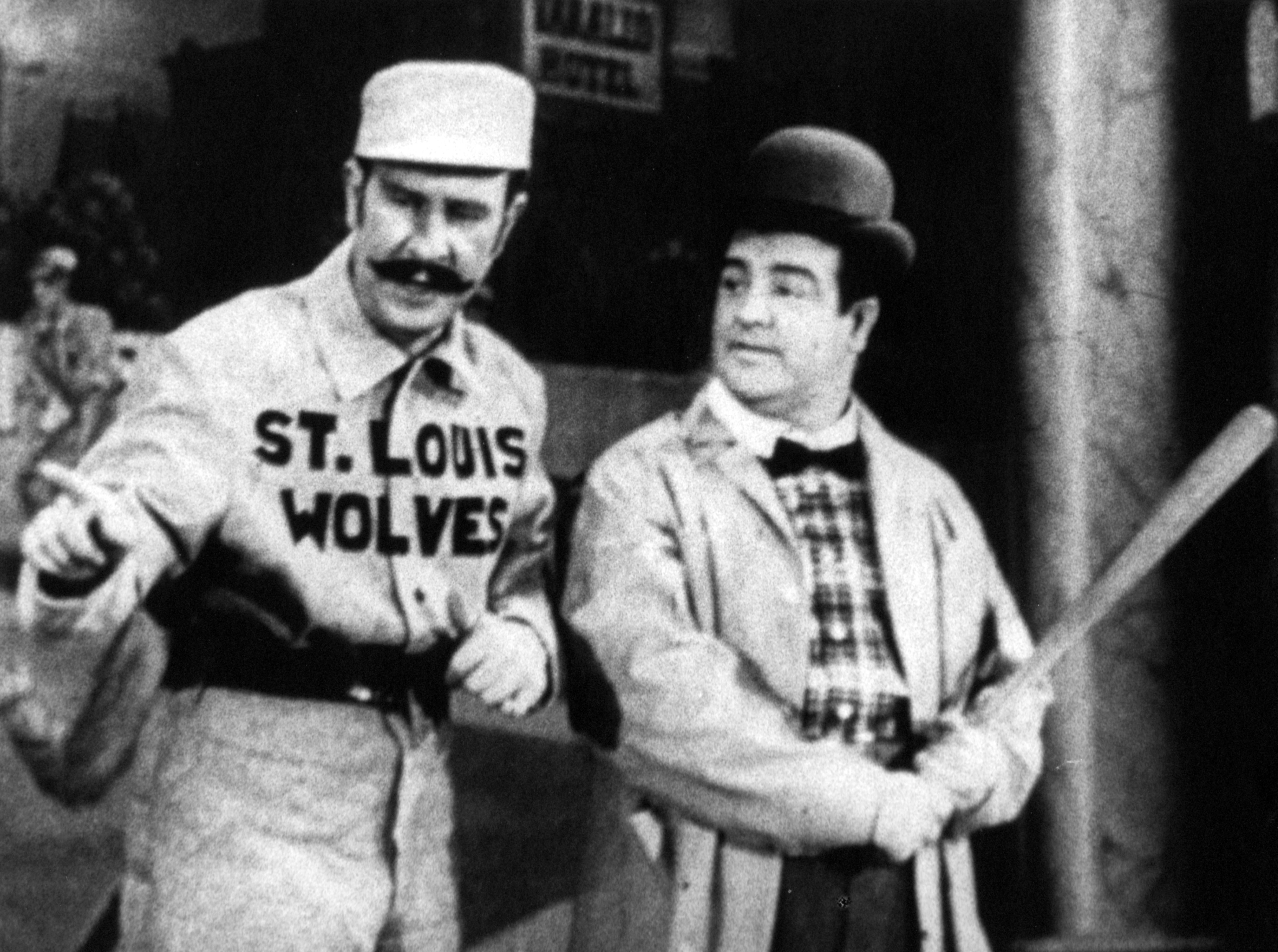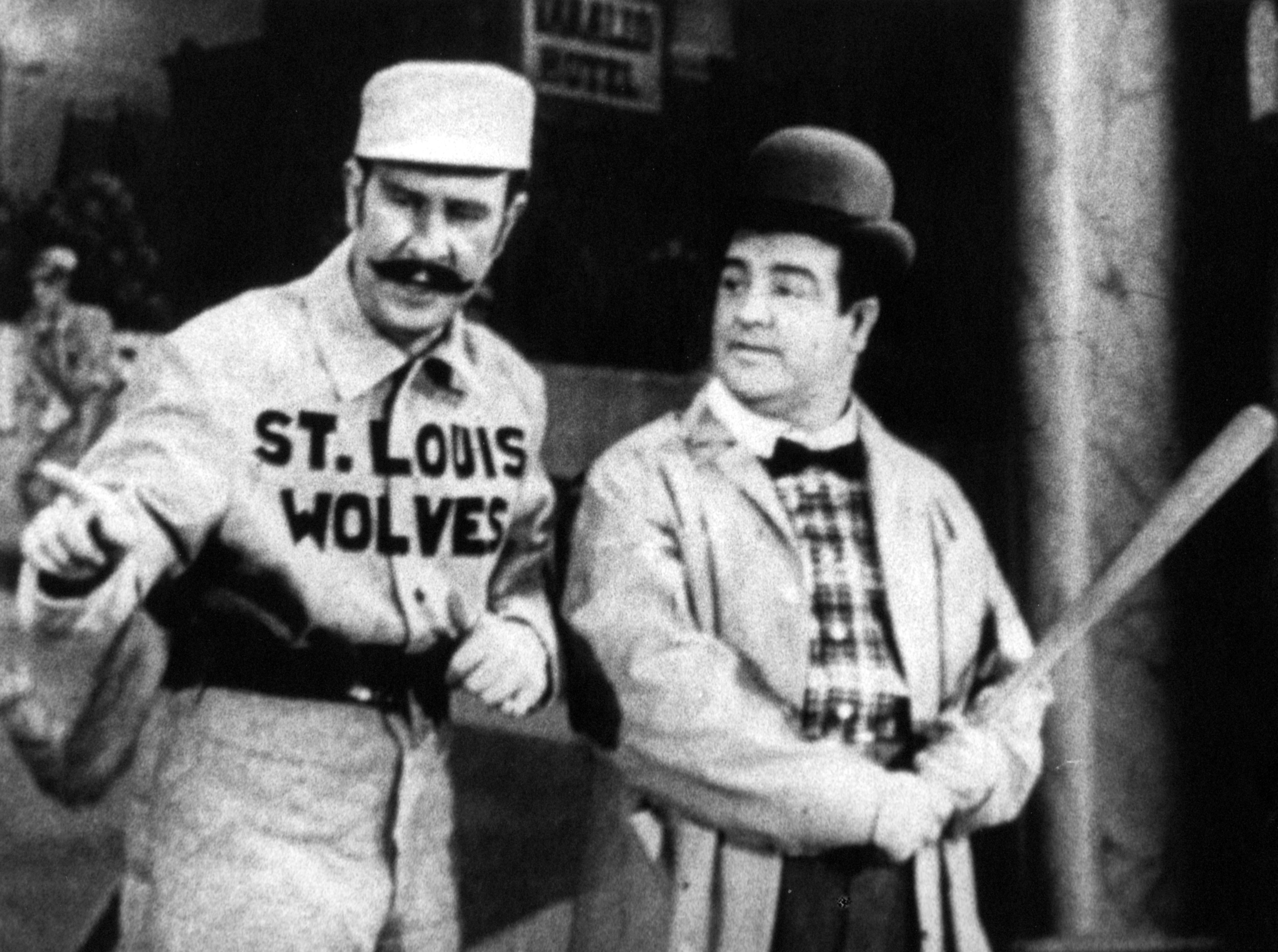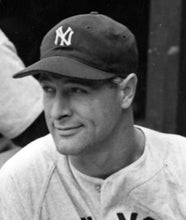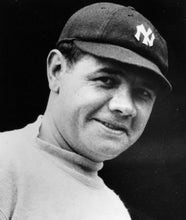- Home
- Our Stories
- #PopUps: By George, ‘Seinfeld’ still resonates with baseball fans
#PopUps: By George, ‘Seinfeld’ still resonates with baseball fans
From 1989-1998, families in households across the United States gathered around the television to watch him shine on America’s biggest stage. He brought laughs and tears to the eyes of his supporters who watched him rise to the highest peak and fall to the lowest nadir. He lived a tumultuous life for those nine years, creating unforgettable memories with his close friends amid constant struggles with relationships, nagging parents, and a receding hairline.
But like many great baseball players, he tried to persevere through the adversity, hoping to inspire and remind us a light exists at the end of the tunnel, and that we can always push harder.
Except this man, George Costanza, always found a way to make his plights worse.
Costanza, a co-star of the iconic comedy television show Seinfeld, grows up a lifelong baseball fan. He and Jerry Seinfeld, perhaps the most outspoken celebrity New York Mets enthusiast, frequently reference the sport throughout the series, demonstrating baseball’s tendency to cross over into the popular culture realm. Several ballplayers appear in scattered episodes, including former Mets first baseman Keith Hernandez who appears as himself in “The Boyfriend” episode as Elaine’s arm candy.
The life of Costanza (Jason Alexander), represents one of the more tragic characters in comedy history. A self-titled “short, stocky, bald man” known for his negative approach to life, Costanza can never appear to sustain success or happiness. He maintains the dream of one day becoming an architect, but never takes any steps toward fulfilling it. After years of intimate relationships that never progress, he becomes engaged to a woman named Susan, only to see her pass away after she licked toxic wedding invitations chosen by George.
And in the work world, he struggles to keep a job. A real estate company fires Costanza after he uses a bathroom only for use by his boss. The fictional playground equipment manufacturing company, Play Now, cuts him loose after he pretends to be handicapped because he wants access to the luxurious handicapped bathroom. Why does Costanza have this strange obsession – one that he is willing to sacrifice his career for – for above-average restrooms? Well, that is one of many questions surrounding the mystique of George Costanza.
For a brief moment in time, however, Costanza lives a different dream. He (somehow) receives the opportunity to work for the New York Yankees as the Assistant to the Traveling Secretary of the team, a position that also allows him to work closely with George Steinbrenner, the former Yankees owner, who is satirically portrayed by the show’s creator, Larry David. In the episode titled, “The Opposite,” Costanza chastises him for poor player transactions, prompting Steinbrenner to say, “Hire this man!”
Throughout his tenure with the Yankees, Costanza’s work allows for Seinfeld and baseball fans alike to appreciate the comedic brilliance Alexander repeatedly demonstrates. In one instance he convinces then-manager Buck Showalter to switch the Yankees’ uniform fabric from polyester to cotton, which eventually produced alarming results. He also tries to explain the physics of hitting to Bernie Williams and Derek Jeter, claiming hitting “is not that complicated” after blasting a home run over the centerfield fence during batting practice at the old Yankee Stadium.
In the episode titled, “The Millenium,” officials from the crosstown New York Mets, in search of a new head of scouting, meet with Costanza in attempts to lure him away from the Yankees. They tell Costanza they cannot make him an offer while the Yankees still employ him, resulting in Costanza’s attempting of a series of ludicrous undertakings that he hopes will force the Yankees to fire him.
In a lunch meeting with Steinbrenner and other high-ranking members of the organizations, Costanza walks in wearing an old Babe Ruth jersey taken from a display case in Yankee Stadium. After his co-workers question his choice, Costanza uncovers his lunch: Strawberries. Of course, he clumsily spills the berries’ juices on the uniform. Rather than use a napkin, Costanza wipes his hands on the uniform, resulting in gasps across the room after witnessing such a monstrosity to a baseball artifact.
(Side note: Kimberly Hanigan, the collections intern at the Museum this summer, said a good conservator could remove the food particles from the jersey, although the stain would never completely disappear from the wool jersey because its fibers could not rid itself from the red dye of the strawberries.)
Oddly enough, Steinbrenner approves of Costanza’s actions, saying it is “exactly what the organization needed.” Later in the episode, Steinbrenner even decides to don a pair of Lou Gehrig’s pants.
After another missed attempt at getting fired which involves Costanza streaking across Yankee Stadium in a bodysuit, he decides to attach a World Series trophy by string to the back of his vehicle, which he drives around in circles in the parking lot while yelling insults at the Yankees organization through a megaphone.
(Another side note: Please do not treat baseball treasures like Costanza does)
Upon meeting George Costanza in a Seinfeld episode titled "The Opposite," George Steinbrenner hires him on the spot as the Assistant to the Traveling Secretary. (National Baseball Hall of Fame)
Share this image:
The Babe Ruth jersey that the Hall of Fame has on display is fortunately not covered in strawberry juice, like the one that George Costanza was donning in the Seinfeld episode, "The Millenium." (Milo Stewart Jr. / National Baseball Hall of Fame)
Share this image:
Mets first baseman Keith Hernandez makes multiple appearances on Seinfeld, including one in "The Boyfriend," an episode in which he dates Elaine Benes. (National Baseball Hall of Fame)
Share this image:
After hitting a home run during batting practice, George Costanza attempts to explain the physics of hitting to Bernie Williams and Derek Jeter (above), claiming that it "is not that complicated." (Michael Ponzini / National Baseball Hall of Fame)
Share this image:
Yankees Gear
Represent the all-time greats and know your purchase plays a part in preserving baseball history.
Hall of Fame Membership
There is no simpler, and more essential, way to demonstrate your support than to sign on as a Museum Member.
Steinbrenner calls Costanza into his office later that day, appearing ready to terminate his employment. A co-worker, Wilhelm, then enters the office claiming he instructed George to drive around the parking lot. Interestingly enough, the Mets offered him the same position they offered Costanza, explaining why Wilhelm hoped for the Yankees to fire him.
Costanza kept his job with the Yankees, only to finally be fired in a later episode after continuously lying to the organization about his whereabouts.
Baseball offers an escape route for so many people, whether it be struggling athletes living in destitute parts within the United States and other areas of the world, or young people who look at baseball as a way to unwind from the stressors of everyday life. The same cannot be said for Costanza, who knew that even the game he loved would force him out eventually due to his lack of good morals and proclivity for failure.
Troy Farkas was the 2016 multimedia intern in the Frank and Peggy Steele Internship Program at the National Baseball Hall of Fame and Museum

